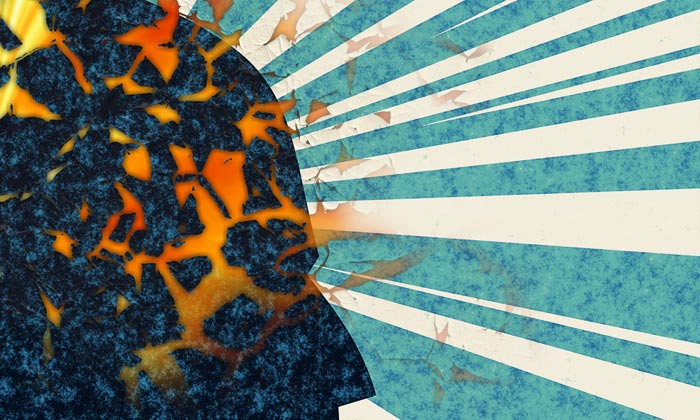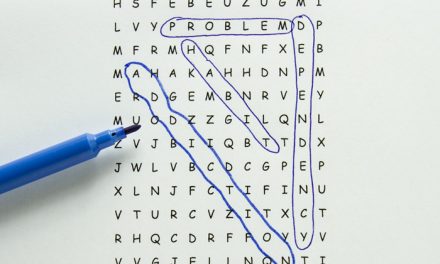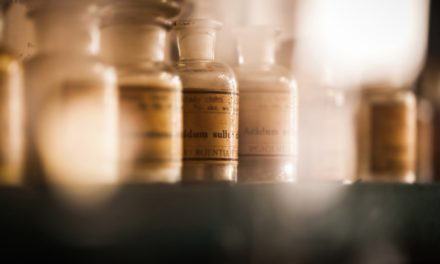We all need a break from our day-to-day reality from time to time. After all, everyone faces many different kinds of stress each and every day. Maybe our job is stressful. Maybe there are challenges at home. Heck, even the daily frustrations of our commute can add to our overall stress levels.
Taking a Much Needed Break
So it’s only natural that we all need to take a break when we can. And there are, of course, plenty of healthy ways to get that break. We can throw ourselves into a workout. We can read an engrossing book or watch our favorite show or movie. We can keep up with our favorite sports team or play a video game. We can take in a concert or head to a museum. We can indulge in a long bath—or a long nap.
But there are a lot of negative ways to take a break from reality, too.
Take, for example, phencyclidine—commonly known as PCP or angel dust. PCP is a hallucinogen, which means it changes a person’s perception of reality. In the short run, that can seem amazing. In the long run, however, PCP can have devastating physical and psychological effects. And once a person is addicted to the drug, it can be extremely difficult to stop taking it.
A Closer Look at PCP
Back in the 1950s, phencyclidine was developed to be an intravenous anesthetic. However, the drug turned out to have neurotoxic side effects, so it was abandoned for medical use. But its hallucinogenic properties made it popular as an illicit drug. Depending on the purity of the drug, it may be a white crystalline powder or brown with a powdery or gummy consistency. The purest version can be dissolved in water or alcohol, but the drug is commonly smoked and can also be injected, taken in tablet form, or snorted.
PCP distorts a person’s perception of sights, sounds, and colors as well as shifting how they experience their environment—and even how they perceive themselves. The effects generally last for four to six hours.
As we have noted, a PCP user may find the changes in their perception pleasant and a welcome break from their regular life and all of its pressures. But the impacts of the drug soon assert themselves.
The Symptoms of PCP Use
While a PCP user is off in a drug-induced alternate reality, the real-world effects of using the drug are all too apparent. They include (but are not limited to):
- Slurred speech, involuntary and rapid eye movements, and/or a blank stare
- A sense of numbness in the extremities, a lack of coordination, and/or an odd, exaggerated gait
- Feelings of strength or invulnerability (despite the symptoms above)
- Distortion of vision, auditory hallucinations, and/or amnesia
- Severe mood disorders, acute anxiety, paranoia, and/or a sense of impending doom
- Hostility and violence and/or a psychosis that mirrors the symptoms of schizophrenia
- At high doses, the drug can cause seizures or coma
- When taken at higher levels, the likelihood of violent behavior increases as does the likelihood of suicide attempts or death—including death via accident while under the influence of PCP
- Long-term use can lead to depression, persistent difficulties related to speech and learning, memory loss, and weight loss that may persist up to a year after someone stops taking PCP
That list of symptoms is pretty alarming. In fact, experiencing a combination of those symptoms may be enough to encourage someone to put down PCP for good. The trouble is that PCP wants to keep its grip on the user even if the user is eager to let go. And that means dealing with withdrawal symptoms.
Persisting Through PCP Withdrawal Is Difficult
When you use PCP for an extended period, your body and brain develop a dependence on the drug. And when you try to stop using it—especially if you employ the “cold turkey” approach—your body will quickly protest. It does this by firing up a serious set of withdrawal symptoms. Those symptoms may include:
- Intense cravings for PCP that are extremely difficult to resist
- Headaches
- Sleepiness
- Sweating unconnected to exercise or surrounding temperature
- Increased symptoms of depression
If you are trying to kick PCP on your own, it is quite likely that these symptoms will overwhelm you and send you back to the drug for relief. At that point, you’re caught between two less-than-appealing options: continuing to take the drug or trying again to stop taking the drug. Neither option may seem like a good one given that both choices come with serious symptoms that undermine your mental and physical well-being.
So what should you do?
The Key to Quitting PCP Is Getting Effective Help
The best option for making it through the rigors of withdrawal is to enter a fully accredited residential drug treatment facility where you can undergo detoxification in a medically supervised environment. A residential program takes you away from your sources of PCP while also providing the support you will need to overcome the withdrawal symptoms.
Detoxification is then followed by a robust rehabilitation period that includes both group and individual therapy sessions. The rehab period involves learning about strategies and resources that can help you maintain your sobriety once you return to your regular life.
At The Aviary Recovery Center, we have the compassion and expertise to help you overcome a substance use disorder centered on PCP. We will meet you where you are without judgement and design a personalized treatment program designed to help you get and stay sober.










